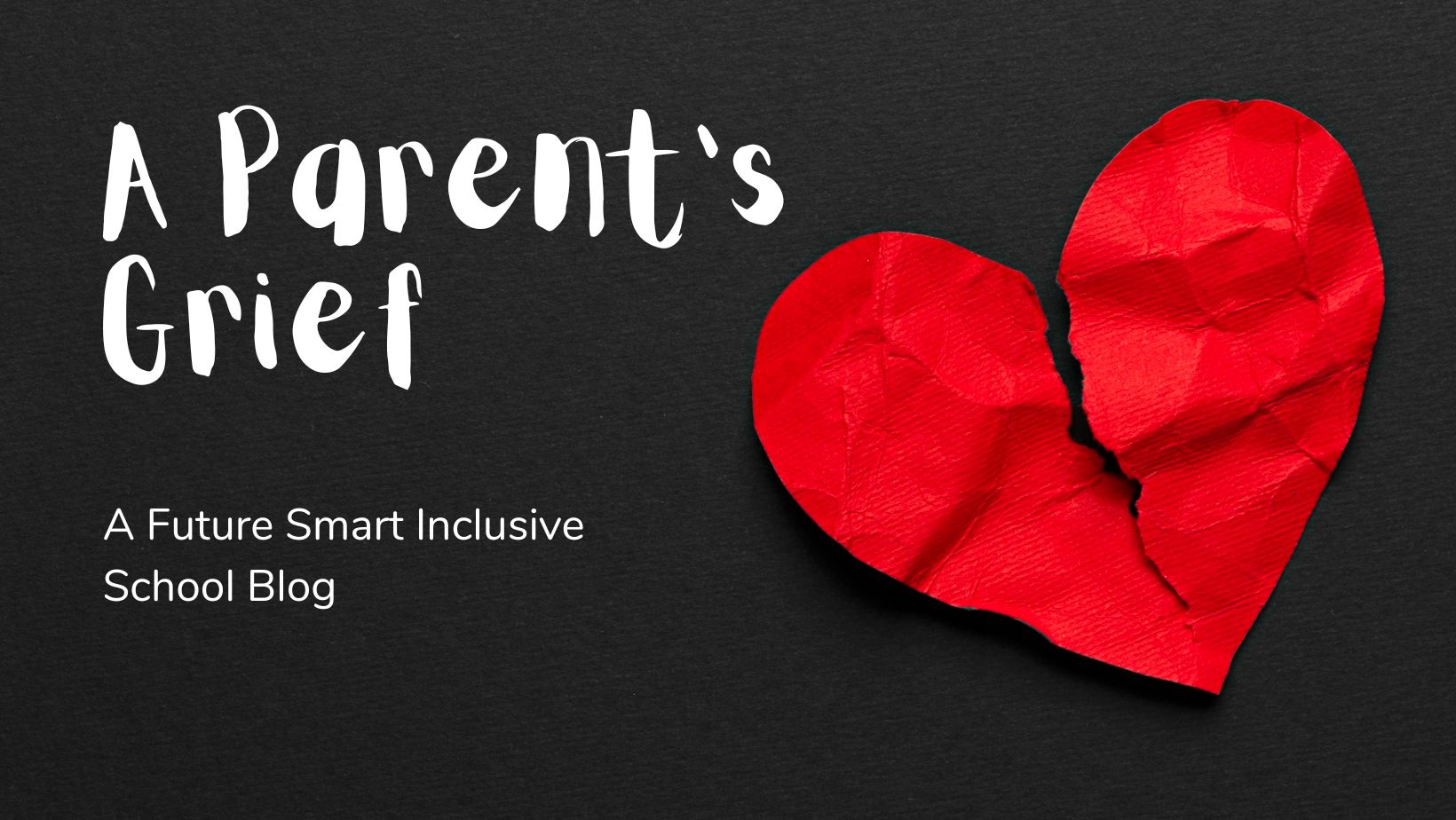A Parent's Grief
A Parent’s Grief

A Parent’s Grief
All names in this blog have been changed to protect the identity of the people.
In 2017, Nabila’s younger daughter (aged 3 years and 3 months) was diagnosed with Autism. It turned her world upside down. In the following weeks, she felt that she was going through the motions without really experiencing anything: she felt numb. She was unable to share her feelings with anyone. Nabila’s colleagues and friends pointed out that she seemed lost on several occasions. A few weeks later, she argued over a trivial matter with a colleague. At home, her husband tried calming her down, but Nabila refused to listen. She resigned the very next day. Over the next few months, many people became targets of Nabila’s aggression (relatives, shopkeepers, household help etc.). A few times, she was needlessly harsh on her 8-year-old son, who was in tears.
Eventually, Nabila began comparing her daughter’s milestones with her son’s and other children’s. Even the most minor action of her daughter didn’t go unscrutinized. Nabila began fixating on every action. Women from her extended family criticized Nabila for her daughter’s behaviour. They called her a bad mother. Nabila started avoiding people and family gatherings. Within months, she and her family were almost isolated from friends and extended family. And then, depression set in. Nabila was fighting several battles at the same time. She lacked the energy and the motivation to carry all the weight.
It was a year before Nabila sought help for herself. She began seeing a therapist and gradually pushed away the blanket of depression that had shrouded her. It took about two years before Nabila came to accept everything. Her daughter was over five years old by then. Acceptance came as a gift to her. The gray clouds that surrounded her were gone. Nabila not only sought help for herself but also for her daughter. Today, the child’s behaviours are well managed, and her functional language improved daily.
Defining Grief
In the story above, Nabila didn’t know about the emotional roller-coaster she rode. But researchers have a name for it: grief. Merriam-Webster dictionary defines grief as “deep and poignant distress caused by or as if by bereavement.” Psychologists explain the sentiment of anguish one experiences after a significant loss, such as the death of a loved one. Over the years, several researchers have explored parents’ grief after their child(ren) received their autism spectrum disorder (ASD) diagnosis. Parents’ feelings of profound sorrow were similar to the loss of a child (1). Studies also found that parents’ standard response is grief after their child is diagnosed with autism (2). Other research highlighted the prevalence of PTSD in parents with children with ASD and rare diseases (3).
Grief remains the underlying sentiment. It is one short word, but sometimes grief processing may take years. There are five stages of grief: denial, anger, bargaining, depression and acceptance. These stages help people process change and protect themselves. The last step is where life begins. Once a parent’s grief approaches this stage, that’s when they start to heal and provide the help their child deserves. So here’s an exercise – in Nabila’s journey, can you point out all these stages of grief?
Dealing with the Dreaded Diagnosis
Often an autism diagnosis is not surprising, but a parent’s grief still kicks in. Parents’ emotions are understandable. They might have thousands of questions about their child’s future. Will my daughter lead an independent life? When he grows up, can my son become an engineer? Will my kid be able to attend a “normal” school? For parents, these unknowns can be stressful.
For parents, our message is simple: be kind to yourself because it’s not your fault. It is okay to experience several emotions after learning your child has autism. But remember that parents are the biggest advocates for their kids. Taking care of your mental health will enable you to provide the best care for your child. Parents’ grief can be addressed when you truly accept that your son or daughter has autism. Only then can you concentrate on helping your child unlock their potential and interests so they can lead a happy and fulfilling life.
References:
1. Bravo-Benítez, J., Pérez-Marfil, M. N., Román-Alegre, B., & Cruz-Quintana, F. (2019). Grief Experiences in Family Caregivers of Children with Autism Spectrum Disorder (ASD). International Journal of Environmental Research and Public Health, 16(23), 4821. https://doi.org/10.3390/ijerph16234821
2. Gentles, S. J., Nicholas, D. B., Jack, S. M., McKibbon, K. A., & Szatmari, P. (2020). Coming to understand the child has autism: A process illustrating parents’ evolving readiness for engaging in care. Autism, 24(2), 470-483.
3. Stewart, Michelle & Schnabel, Alexandra & Hallford, David & Mcgillivray, Jane & Forbes, David & Foster, Madeline & Shandley, Kerrie & Gardam, Madeleine & Austin, David. (2019). Challenging child behaviours positively predict symptoms of posttraumatic stress disorder in parents of children with Autism Spectrum Disorder and Rare Diseases. Research in Autism Spectrum Disorders. 69. 10.1016/j.rasd.2019.101467.
Read more blogs here: https://futuresmarted.com/blog-2/.




Leave a Reply